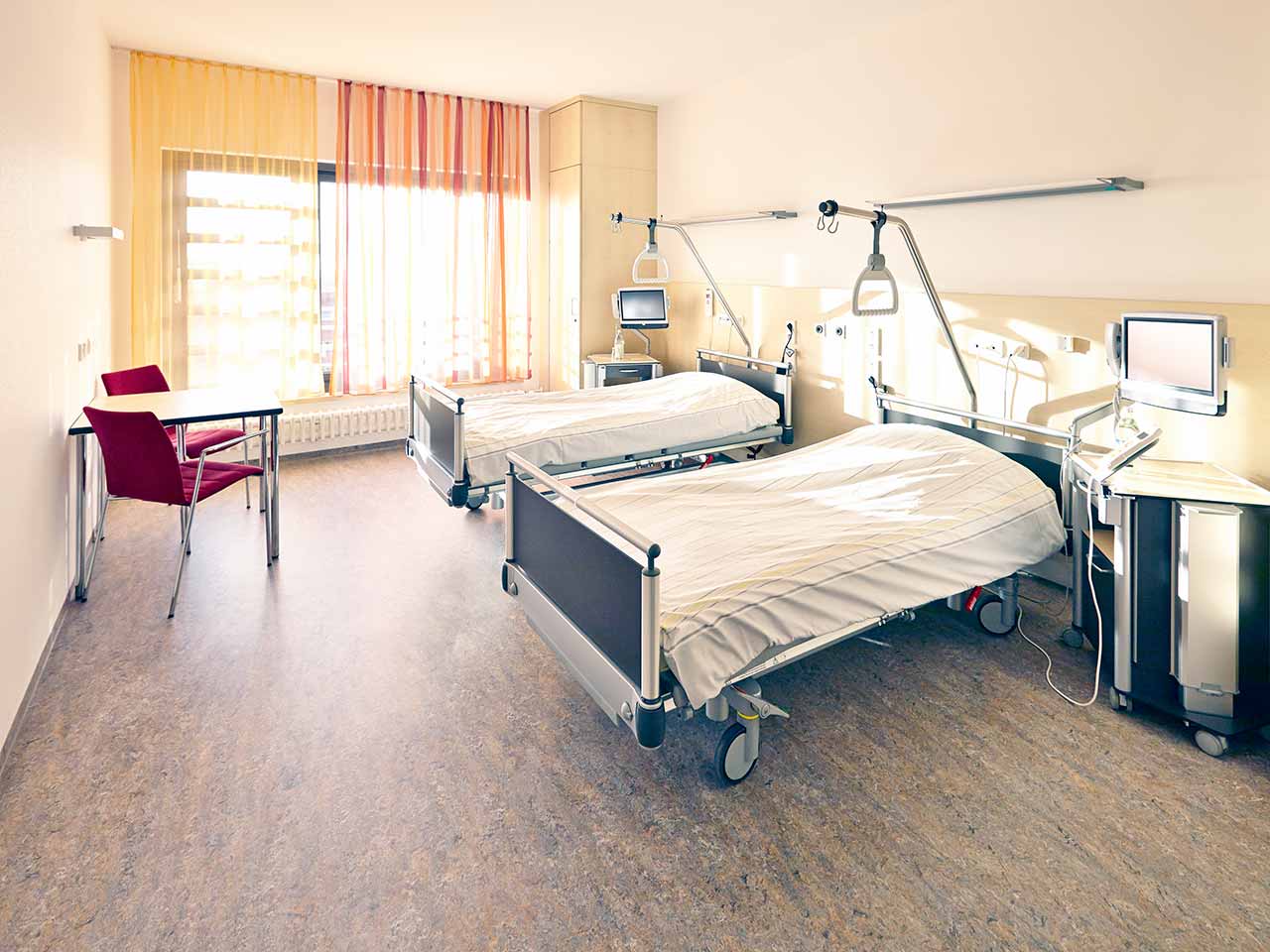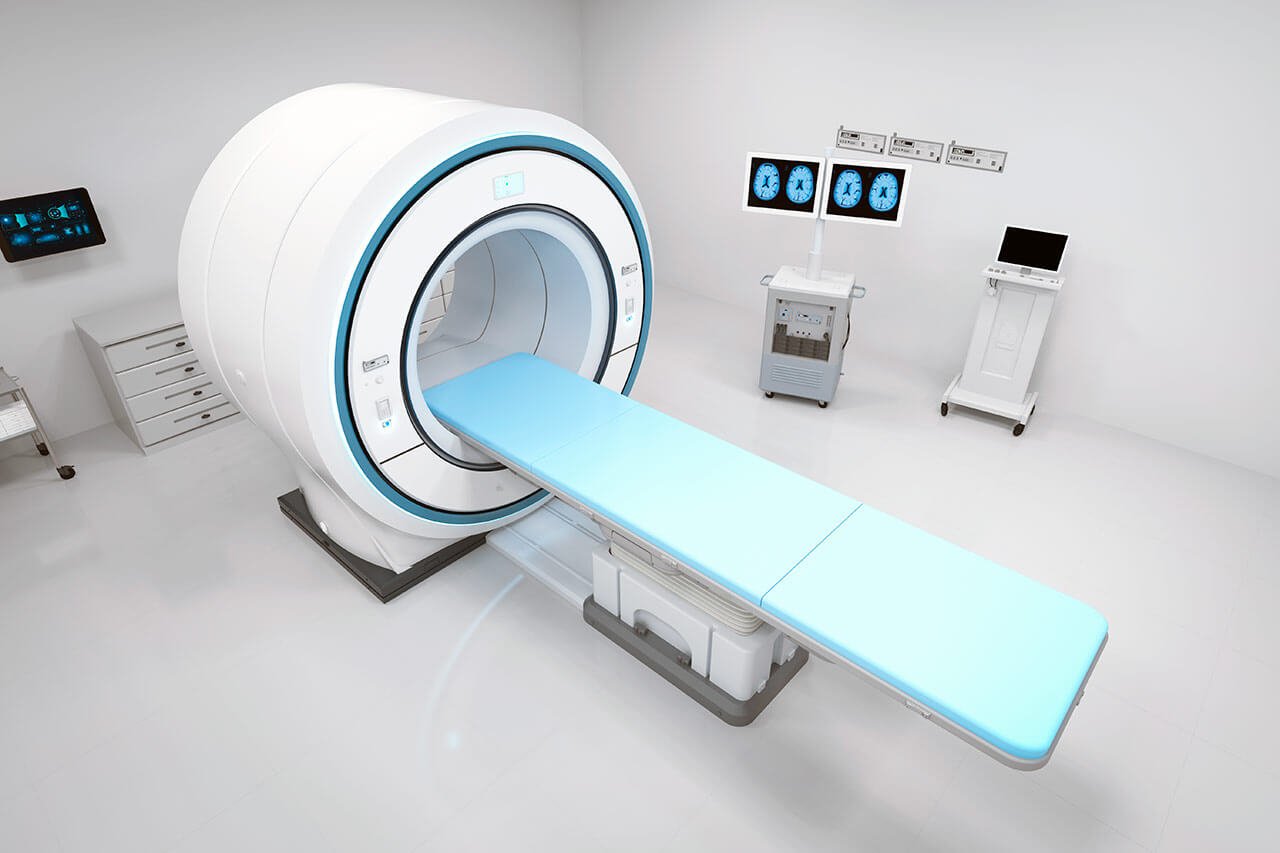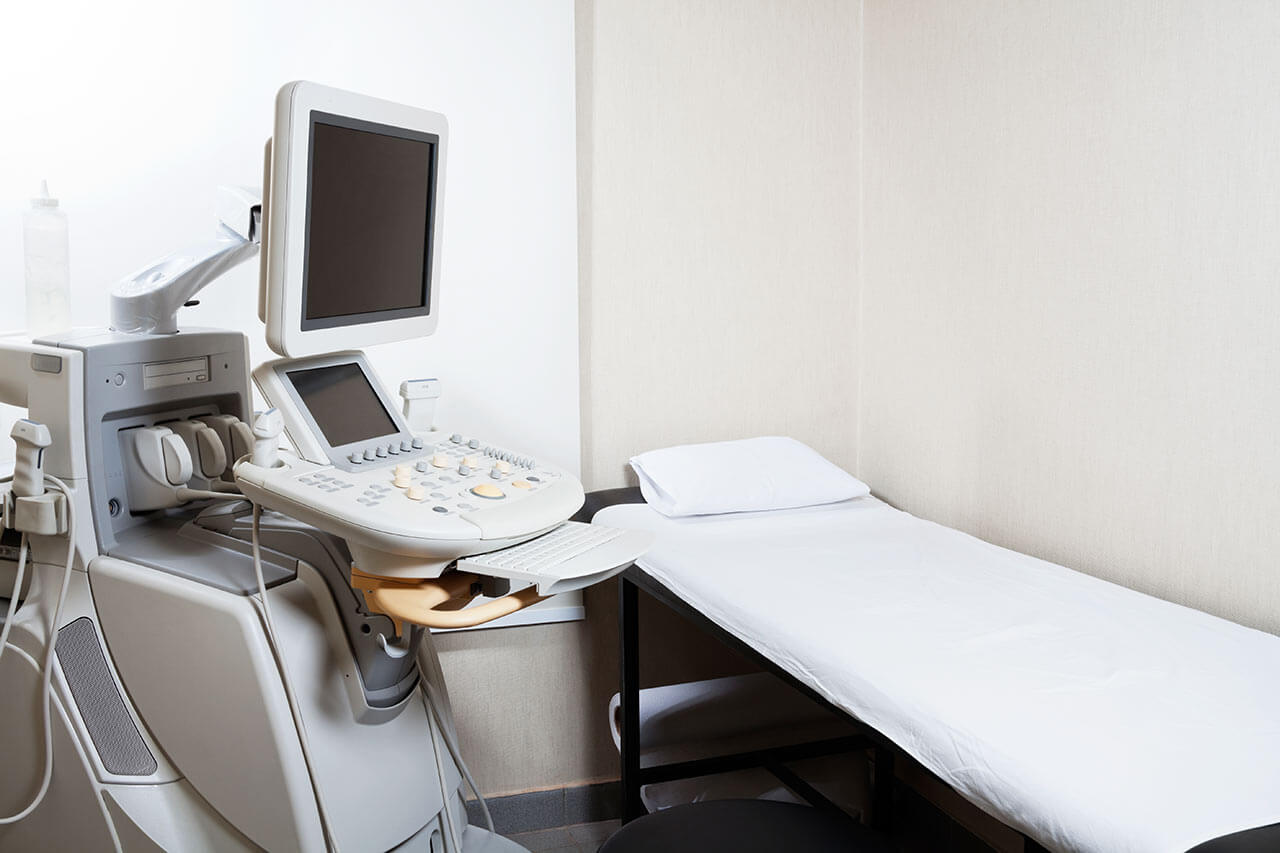
About the Department of Pediatric Gastroenterology and Hepatology at University Hospital Ulm
The Department of Pediatric Gastroenterology and Hepatology at the University Hospital Ulm specializes in the diagnostics and treatment of gastrointestinal diseases in children of all age groups. The doctors at the medical facility focus on young patients with colon, liver, and pancreatic pathologies. The most common conditions in clinical practice include chronic inflammatory bowel disease, bowel obstruction, short bowel syndrome, immune and endocrine diseases affecting the gastrointestinal organs, gastroesophageal reflux disease, pancreatitis, and hepatitis. The department also provides treatment for rare gastrointestinal conditions in children and adolescents. More than 1,000 young patients receive medical care in the department every year. The department's specialists have excellent diagnostic options. They perform endoscopic examinations, functional gastrointestinal diagnostics, and ultrasound examinations. As a rule, the child is diagnosed on an outpatient basis. During the treatment, effective drug therapy regimens are used, and endoscopic procedures are performed. Should surgical intervention be required, pediatric surgeons and other specialists from related medical fields are involved in the process. The health of young patients is in the safe hands of highly qualified doctors who prioritize the child's health and comfort during the entire period of their stay at the medical facility. The Head Physician of the department is Dr. med. Henrike Zinngrebe.
The department's pediatric gastroenterologists are deservedly proud of their successful experience in the treatment of inflammatory bowel disease (IBD), such as Crohn's disease and ulcerative colitis. Pathologies involve the inflammation of all parts of the intestine, and in some cases, the disease may affect other gastrointestinal organs. The main manifestations of inflammatory bowel disease are abdominal pain, bloating, diarrhea with blood in the stool, and false urges for defecation. The child also experiences general weakness, malaise, loss of appetite, and fever. The diagnosis of a child with suspected Crohn's disease or ulcerative colitis begins with the study of complaints and medical history and a clinical examination. Laboratory tests (a complete blood count, a biochemical blood test, a coagulogram, a urinalysis, and a stool test), imaging examinations (magnetic resonance enterography and contrast-enhanced ultrasound), and endoscopic examinations (colonoscopy, sigmoidoscopy, and capsule endoscopy) are then conducted. With the confirmed diagnosis of IBD, the department's specialists elaborate a comprehensive treatment regimen, taking into account the individual needs of a young patient. The first-line treatment is diet, particularly with strict dietary restrictions during exacerbations of inflammatory processes in the intestine. An integral method of combating IBD is also drug therapy with nonsteroidal anti-inflammatory drugs, glucocorticoids, immunosuppressants, and other drugs.
The medical facility also regularly admits children with short bowel syndrome. This disease impairs the ability of the child's body to fully absorb nutrients from food due to the absence of segments of the small intestine or severe impairment of its function. The main manifestations of pathology include diarrhea, dehydration, spasms, general weakness, pathological weight loss, nausea, and vomiting. The diagnostic process involves a clinical examination, blood, urine, and stool tests, abdominal ultrasound scans, colonoscopy, and gastroscopy. Upon confirming the diagnosis based on preliminary diagnostics, the doctor will elaborate a treatment regimen aimed at normalizing nutrient absorption in the intestine. The specialists adjust the diet of the child, completely excluding sweets, carbonated drinks, juices, pickles, spices, smoked, pickled, and canned foods, as well as fried foods, fatty meats, and fish. Drug therapy with the appropriate groups of drugs is carried out for symptom relief. In some clinical cases, parenteral (intravenous) nutrition may be required. In the most complex cases, restoration of normal bowel function can only be achieved through surgery that is performed by highly specialized surgeons.
The department's medical team also treats pancreatic and liver diseases. A special focus is on medical care for children with hereditary pancreatitis, autoimmune pancreatitis, pancreatic insufficiency due to cystic fibrosis, Shwachman syndrome, Pearson syndrome, viral hepatitis, autoimmune hepatitis, and Wilson's disease. The above-mentioned pathologies are most often treated on an inpatient basis under constant medical supervision. Effective therapeutic outcomes are ensured through comprehensive treatment that combines an individually prescribed diet, bed rest, and drug therapy (oral medications and intravenous drug administration).
The department diagnoses and treats the following gastrointestinal diseases in children and adolescents:
- Gastrointestinal diseases
- Inflammatory bowel disease: Crohn's disease and ulcerative colitis
- Short bowel syndrome
- Chronic bowel obstruction
- Severe functional bowel diseases
- Infectious gastrointestinal diseases
- Food allergies (for example, cow's milk allergy)
- Malabsorption and maldigestion syndromes
- Lactose intolerance and fructose malabsorption
- Gastroesophageal reflux disease
- Intestinal motility disorders: Hirschsprung's disease, chronic intestinal pseudo-obstruction, and chronic constipation
- Coeliac disease
- Immunologic and endocrine diseases, accompanied by lesions of the digestive system
- Pancreatic diseases
- Hereditary pancreatitis
- Autoimmune pancreatitis
- Pancreatic insufficiency due to cystic fibrosis, Shwachman syndrome, or Pearson syndrome
- Liver and bile duct diseases
- Viral hepatitis
- Autoimmune hepatitis
- Primary sclerosing cholangitis
- Wilson's disease
- Immunologic and endocrine diseases accompanied by liver lesions
- Other diseases
The department's range of diagnostic and therapeutic services includes the following:
- Diagnostic services
- Imaging examinations
- High-resolution ultrasound scans of the abdominal organs
- Functional diagnostics
- Hydrogen breath test for fructose, lactose, and glucose
- 13C breath test for Helicobacter pylori
- Esophageal impedance pH monitoring
- Biopsy
- Liver biopsy
- Small bowel biopsy
- Endoscopic examinations
- Gastroscopy
- Colonoscopy
- Rectoscopy
- Capsule endoscopy
- Imaging examinations
- Therapeutic services
- Drug therapy
- Diet therapy
- Endoscopic procedures
- Gastroscopy
- Colonoscopy
- Rectoscopy
- Polypectomy
- Percutaneous endoscopic gastrostomy
- Percutaneous endoscopic jejunostomy
- Other diagnostic and treatment methods






